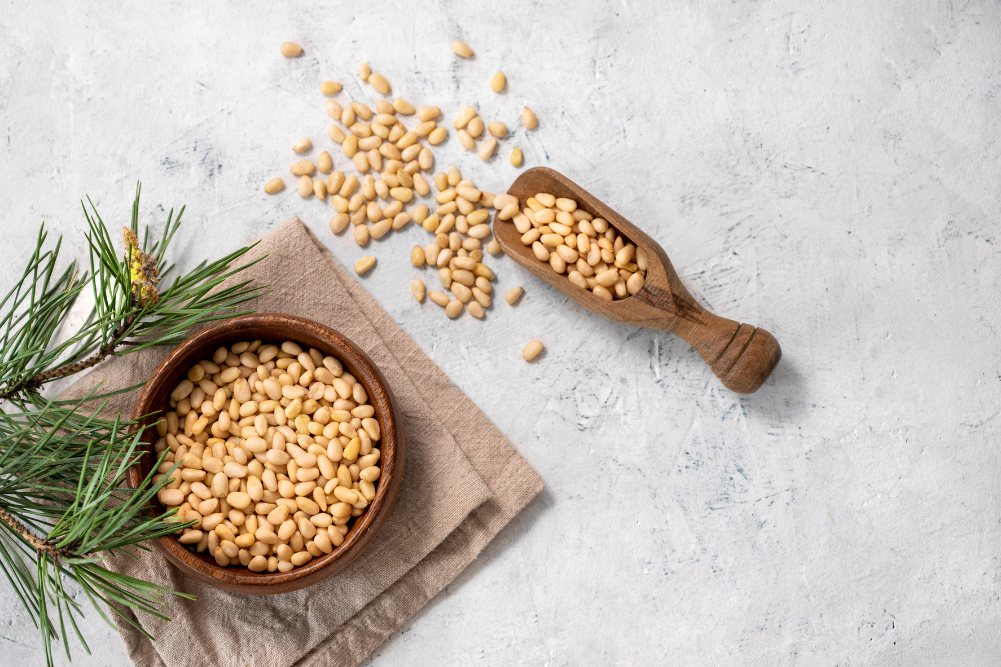Lupus
Lupus is an autoimmune condition that occurs when the body produces antibodies against its own tissue. It manifests as a chronic inflammatory disease that primarily affects females between the ages of fifteen and thirty five. There are 2 types of lupus: systemic lupus erythematosus (SLE) and discoid lupus erythematosus (DLE). DLE is less serious than SLE, however both forms have a pattern of periodic flare ups.
Causes: a virus (yet to be identified), heredity and sex hormones.
Triggers: exposure to the sun, fatigue, pregnancy stress chemicals and drugs.
Symptoms of SLE: inflammation of the finger joints, acute fever, red rash over the cheeks, red lesions on the body, mouth sores, abdominal pain, fatigue, hair loss, blood in the urine, excessive bleeding, loss of appetite, poor circulation in the fingers, shortness of breath and weight loss. Involvement of the central nervous system leads to symptoms such as depression, headaches, paralysis, psychosis, seizures and stroke.
Symptoms of DLE: butterfly rash over the cheeks and persistent lesions on the scalp and ears.
Who to consult: Allergist, dermatologist, GP, herbalist, homoeopath, immunologist, naturopath, occupational therapist, physical therapist, pharmacist, psychiatrist.






